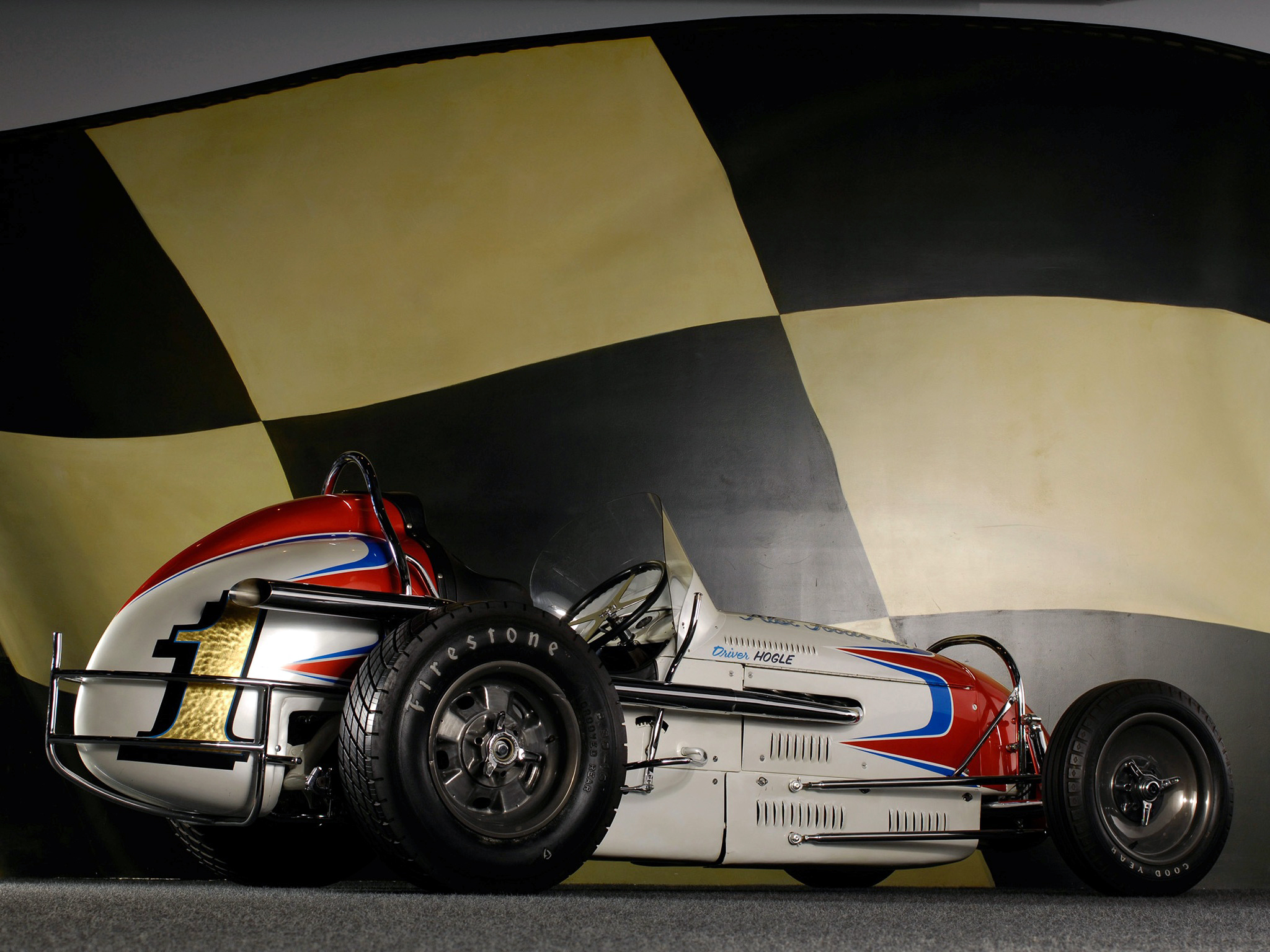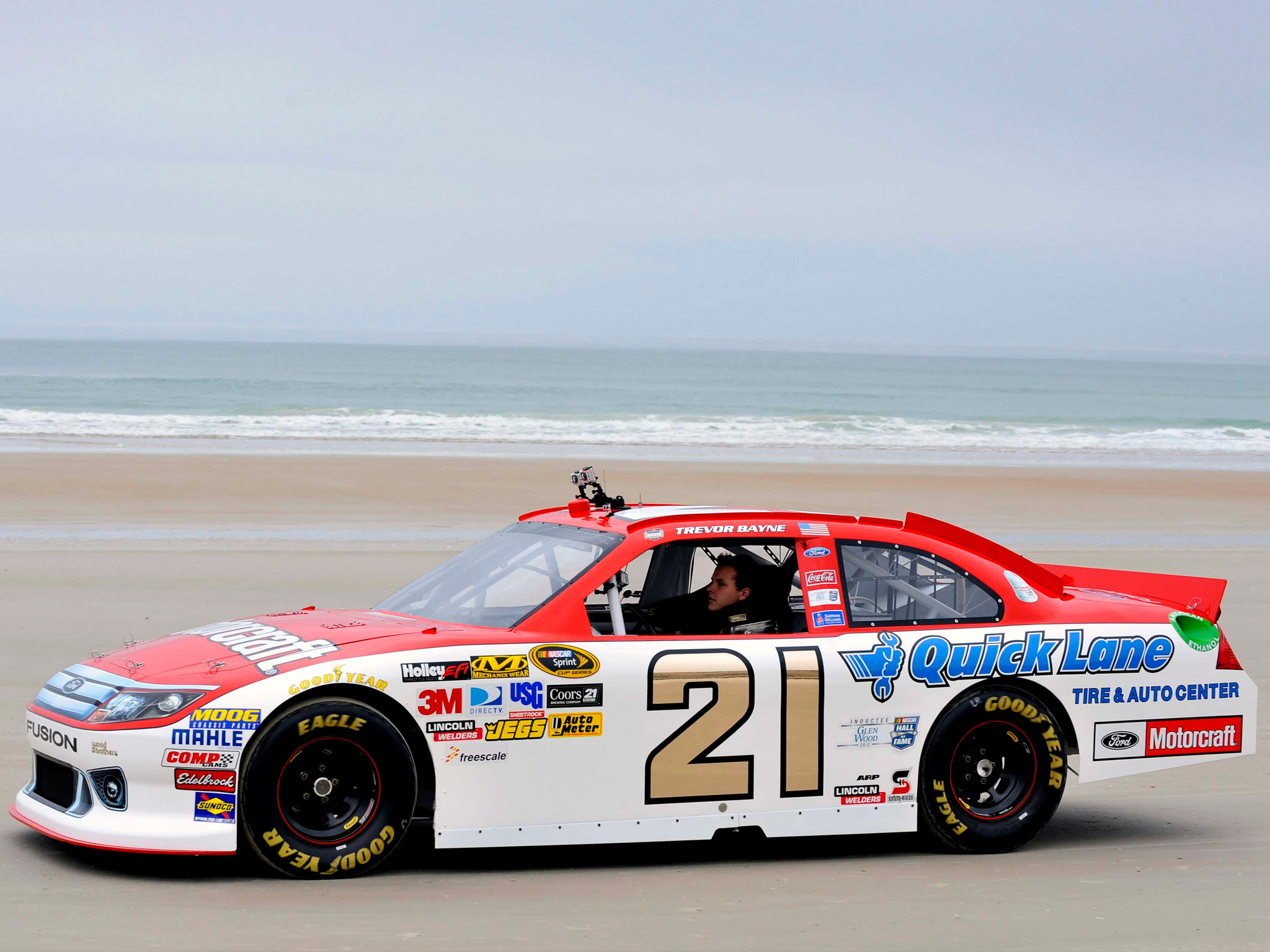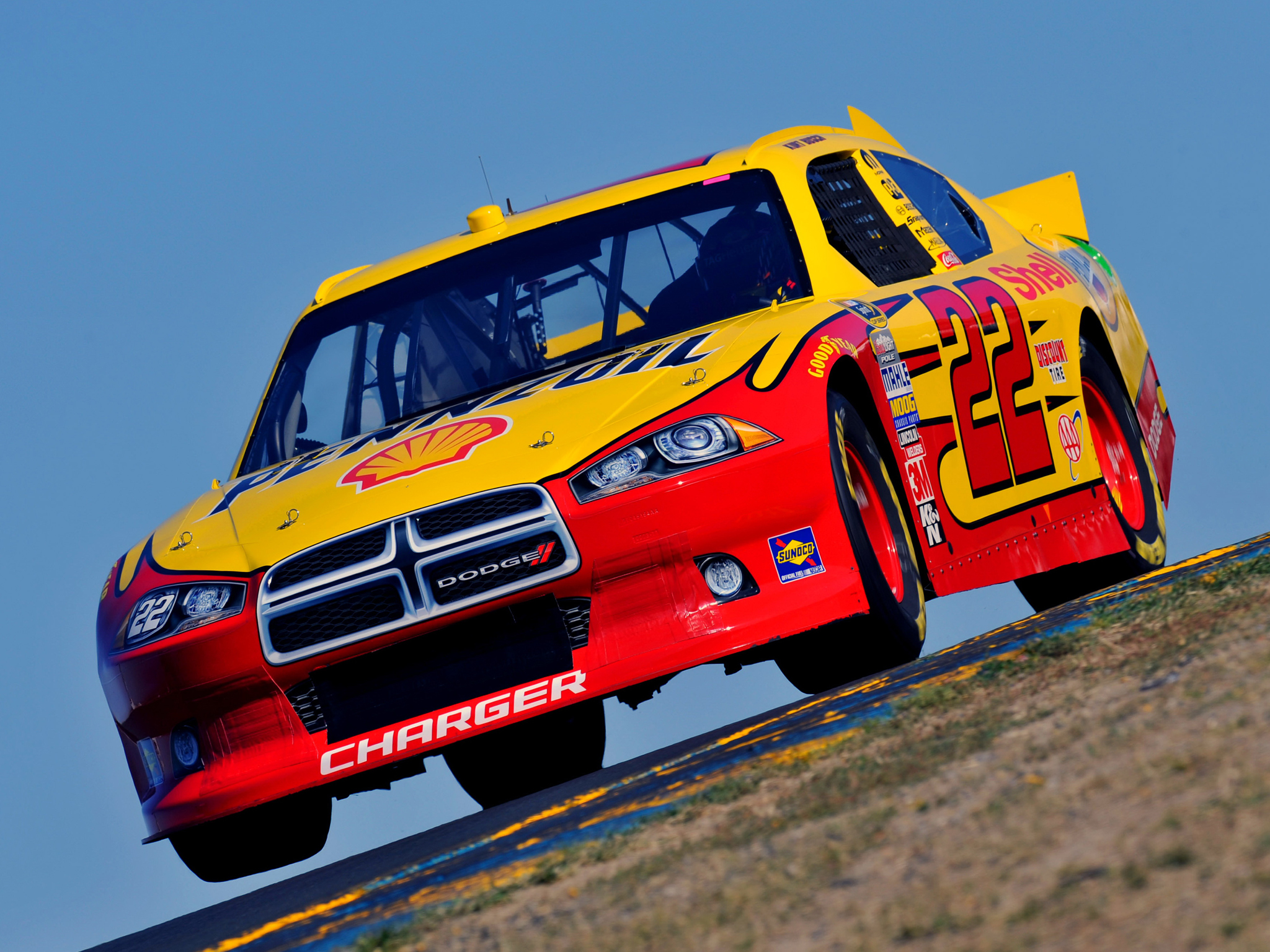Sprint Car Wallpaper Definition
Source (google.com.pk)Sprint cars are high-powered race cars designed primarily for the purpose of running on short oval or circular dirt or paved tracks. Sprint car racing is popular in the United States, Canada, Australia, New Zealand and South Africa.
Sprint cars have a high power-to-weight ratio, making speeds in excess of 140 miles per hour (230 km/h) possible on some tracks. 900 horsepower (670 kW) is commonplace for these machines which typically have a 410 cubic inch engine displacement. A lower cost but still popular class of sprint cars uses 360 cubic inch engines and produce approximately 700 horsepower (520 kW). The safety record of sprint car racing in recent years has been greatly improved by the use of roll cages to protect the drivers. Many Indicator Series and NASCAR drivers used sprint car racing as an intermediate stepping stone on their way to more high profile divisions, including Indianapolis 500 winners A.J. Foyt, Mario Andretti, Johnny Rutherford, Parnell Jones, Johnnie Parsons, and Al Unser, Jr., as well as NASCAR Sprint Cup champions Jeff Gordon and Tony Stewart.
The National Sprint Car Hall of Fame & Museum located in Knoxville, Iowa, USA features exhibits to highlight the history of both winged and non-wing sprint cars.
There are a few sanctioning bodies for non-winged sprint cars. The United States Automobile Club (USAC) has become the premier series for non-winged sprint car racing throughout the United States, especially after taking over the Sprint Car Racing Association (SCRA) and turning it into the USAC/California Racing Association (USAC/CRA). This series has become the premier non-winged sprint car series on the west coast of the United States. USAC also has hosted the Silver Crown series based in the Midwestern United States state of Indiana for decades. The Silver Crown series was started in 1972 as an offshoot of the series that competed for the National Championship Trail including the Indianapolis 500, known as "big cars".
World of Outlaws drivers make a Four Abreast lap at the Knoxville Raceway
The world's first winged car, known today as a winged sprint car, was created and driven by Jim Cushman at the Columbus Motor Speedway (Ohio) in 1958. In the early 1970s, many sprint car drivers began to put wings with sideboards on both the front and top of their cars. The added wings increased the downforce generated on the car, with the opposite direction of the sideboards helping to turn the car in the corners. This makes the car easier to control. The added downforce also lessens the likelihood of going airborne. When cars do go airborne, the wings frequently break off or absorb some of the impact of the flip, lessening the impact on the driver. Wings on sprint cars help to provide down force resulting in increasing traction. Wings also provide an amount of protection for the driver in case of an accident and are sometimes referred to as "aluminum courage." In some cases, teams are able to replace the wing during the ensuing stoppage and are able to race once the race resumed. With the addition of wings, a new sanctioning body and touring series to promote the sport was founded. In 1978, Ted Johnson formed the leading promotional body for winged sprint cars called the World of Outlaws. Racing throughout the United States from February to November, the World of Outlaws is the premier dirt sprint car racing series. Famous tracks featured in the series included the Eldora Speedway in Rossburg, Ohio, the Lernerville Speedway in Sarver, Pennsylvania, the Knoxville Raceway in Knoxville, Iowa and Williams Grove Speedway in Mechanicsburg, Pennsylvania. Each August, the Knoxville Raceway holds the paramount sprint car event, the Knoxville Nationals.
Sanctioning bodiesMain article: World of Outlaws
The World of Outlaws (WoO) is a division of winged sprint cars that run all over the United States and have a few events in Canada. The cars have 15-inch (380 mm) wide right rear tire and a 410 cubic inch engine with mechanical fuel injection. These sprint cars have no battery or a starter in them, necessitating a push start by a quad or truck. They also do not have flywheels, clutches or transmissions, but the direct drive system can be engaged or disengaged from the cockpit. This is done both for weight reasons and tradition. Another tradition the WoO has for their A-main (the last race of the event) they line up four wide just before starting the race.
The United States Automobile Club (USAC) is a division of sprint cars that run throughout the United States. They race non-winged 410 cubic inch sprint cars on asphalt and dirt tracks.
The United Racing Company (URC) is a division for winged sprint cars that run mainly in the northeastern part of the United States in Pennsylvania, New Jersey, and Delaware. URC started in 1948 with 11 races in its season. It slowly progressed to 28 races. URC uses a 360 cubic inch engine which generates approximately 650 horsepower (480 kW). They race with alcohol fuel and use mechanical fuel injection (MFI) to deliver it to into the combustion chamber.
Sprint Car Wallpaper Free Wallpaper Pics Pictures Hd for Desktop Iphone Mobile HD 1080p

Sprint Car Wallpaper Free Wallpaper Pics Pictures Hd for Desktop Iphone Mobile HD 1080p

Sprint Car Wallpaper Free Wallpaper Pics Pictures Hd for Desktop Iphone Mobile HD 1080p

Sprint Car Wallpaper Free Wallpaper Pics Pictures Hd for Desktop Iphone Mobile HD 1080p

Sprint Car Wallpaper Free Wallpaper Pics Pictures Hd for Desktop Iphone Mobile HD 1080p

Sprint Car Wallpaper Free Wallpaper Pics Pictures Hd for Desktop Iphone Mobile HD 1080p

Sprint Car Wallpaper Free Wallpaper Pics Pictures Hd for Desktop Iphone Mobile HD 1080p

Sprint Car Wallpaper Free Wallpaper Pics Pictures Hd for Desktop Iphone Mobile HD 1080p

Sprint Car Wallpaper Free Wallpaper Pics Pictures Hd for Desktop Iphone Mobile HD 1080p

Sprint Car Wallpaper Free Wallpaper Pics Pictures Hd for Desktop Iphone Mobile HD 1080p

